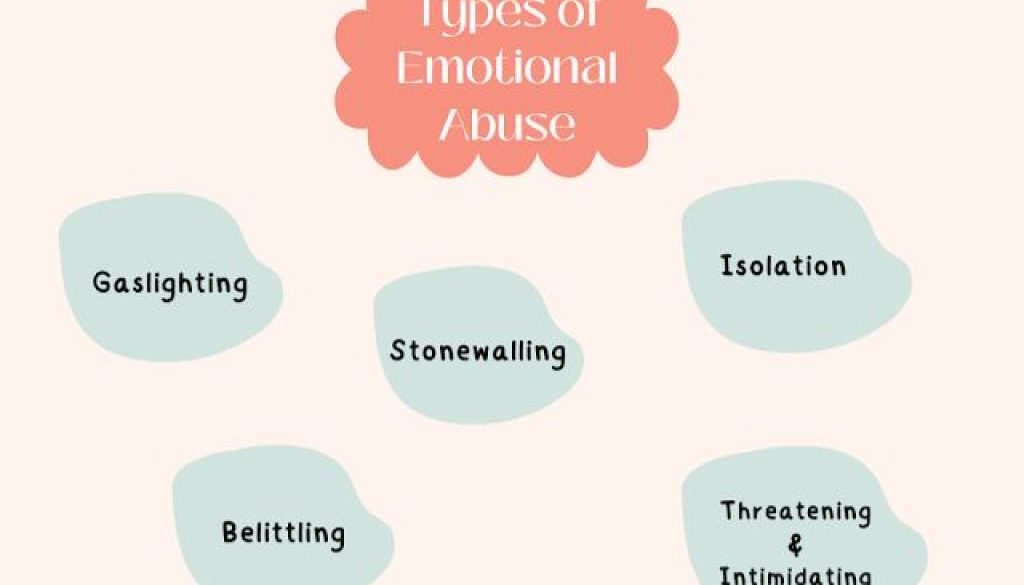Emotional Abuse: Recognizing the Signs and Breaking Free
Emotional abuse is a form of psychological manipulation that can be just as damaging as physical abuse. It involves using words, actions, or behaviors to control, intimidate, or humiliate another person, often to gain power or dominance. Emotional abuse can occur in any relationship, including romantic partnerships, friendships, family relationships, or workplaces.
Signs of Emotional Abuse
Emotional abuse can take many forms, including:
Verbal abuse: Name-calling, insults, put-downs, or belittling comments
Gaslighting: Manipulating someone’s perception of reality to make them doubt their own sanity or memory
Emotional blackmail: Using guilt, self-pity, or threats to control someone’s behavior
Isolation: Restricting someone’s access to friends, family, or outside activities
Minimization: Downplaying or denying the severity of one’s behavior
Effects of Emotional Abuse
Emotional abuse can have severe and long-lasting effects on a person’s mental health and well-being, including:
Anxiety and depression
Low self-esteem and self-worth
Difficulty trusting others or forming healthy relationship
Physical symptoms like headaches, stomach problems, or sleep disturbances
Increased risk of developing mental health disorders or substance abuse problems
Recognizing Emotional Abuse in Relationships
If you’re in a relationship and experience any of the following, it may be a sign of emotional abuse:
Your partner constantly criticizes or belittles you
Your partner makes you feel guilty or responsible for their emotions or actions
Your partner restricts your access to friends, family, or outside activities
Your partner denies or minimizes their hurtful behavior
Breaking Free from Emotional Abuse
If you’re experiencing emotional abuse, it’s essential to seek help and support:
Therapy: Working with a therapist can help you process your emotions, develop coping strategies, and improve your relationships
Support groups: Joining a support group can connect you with others who have experienced similar situations
Self-care: Practicing self-compassion, self-forgiveness, and self-care can help you heal and move forward
Boundary-setting: Learning to set healthy boundaries with your partner or abuser can help you protect yourself from further harm
Conclusion
Emotional abuse is a serious issue that can have long-lasting effects on a person’s mental health and well-being. Recognizing the signs of emotional abuse and seeking help and support are crucial steps in breaking free from this toxic behavior. Remember, you deserve to be treated with respect, kindness, and compassion.



